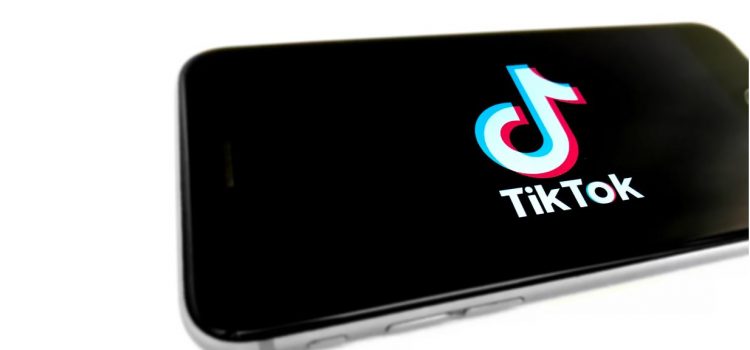
This is a free excerpt from one of Shortform’s Articles. We give you all the important information you need to know about current events and more.
Don't miss out on the whole story. Sign up for a free trial here .
Will TikTok be banned in the US? Why does the House want a TikTok ban? What challenges do potential buyers of the app face?
The US House of Representatives recently voted to ban TikTok unless its parent company, Chinese-owned ByteDance, sells its stake in the app. The House cited concerns about China’s access to Americans’ data and its potential to use the app to spread misinformation. A forced sale of TikTok, while plausible, appears unlikely.
Continue reading to learn why the House wants to ban TikTok, what TikTok’s options are, and the outlook for the future of the app.
TikTok Is Fighting for Its Life
In mid-March, the US House of Representatives voted to ban the popular video platform TikTok unless its China-based parent company severs ties and sells the app to a non-Chinese entity. But will TikTok actually be banned in the US?
Background
On March 13, the House of Representatives passed a bill proposing to ban TikTok if its parent company, Chinese-owned ByteDance, doesn’t sell the platform to a non-Chinese entity within six months.
The vote comes amid rising concerns about the Chinese government’s access to Americans’ data and potential use of the app to disseminate misinformation. TikTok, which has stated it wouldn’t adhere to a Chinese government request for data, declared the bill an unconcealed attempt to ban the company in the US. American cybersecurity experts say there’s no evidence that TikTok has shared user data with the Chinese government.
A Complicated Purchase
Experts say that potential buyers confront a challenging path in acquiring TikTok:
- A stringent antitrust landscape under the Biden administration means that Meta and Google would face strong opposition to a bid.
- TikTok says it faces financial losses from significant spending on data relocation, e-commerce expansion, and a data security project.
- Apple might face less antitrust scrutiny since it operates within a fundamentally different business model compared to TikTok, but its dislike for targeted advertising may conflict with TikTok’s monetization strategy.
- Microsoft and X may be interested in acquiring TikTok, but both companies lack sufficient funds.
- Oracle’s prospects for buying TikTok are challenging due to its lack of experience in ad-supported and consumer businesses and insufficient cash on hand to buy the app.
Experts say that with no obvious frontrunner among the big tech companies, smaller or lesser-known firms, or even a private equity investor, could seize the opportunity to buy TikTok.
Besides an acquisition, there are two other ways TikTok could avoid a ban:
- Proceed with an Initial Public Offering (IPO), selling company shares to the public in a new stock issuance.
- Break away from its parent company, ByteDance, and operate as an independent entity under shareholder ownership.
Experts note that separating TikTok’s crucial algorithm from ByteDance—which currently controls and uses it in other products—would be a complicated process.
The Politics of a TikTok Ban
Many lawmakers who support a TikTok sale fear that a ban would incite a backlash from the app’s vast US fan base—a potential concern in a presidential election year.
Complicating the picture, former President Trump, who initially led the charge to ban the app, now opposes the bill forcing its sale—claiming it would unfairly advantage Facebook, which he has criticized for its purported role in his 2020 election defeat.
Meanwhile, experts say that President Biden is treading a delicate path with voters under 30, a third of whom use TikTok as a news source. His reelection campaign joined TikTok about a month before Biden announced he’d back the bill that could ban the platform in the US.
Looking Ahead
Experts say that if the House bill becomes law and ByteDance fails to sell its US TikTok operations to a non-Chinese entity in 180 days, the platform could be pulled from American app stores.
The legislation needs 60 Senate votes to advance—a potentially insurmountable hurdle if Majority Leader Chuck Schumer perceives that banning TikTok would harm his party in tight races.
Further, even if the ban becomes law, anticipated legal battles could delay or invalidate its implementation.
Finally, experts say that a potential forced sale of TikTok may face opposition from both ByteDance and the Chinese government, neither of whom want to sell the app’s source code to a US tech firm—making a swift resolution or sale of the platform unlikely.

Want to fast-track your learning? With Shortform, you’ll gain insights you won't find anywhere else .
Here's what you’ll get when you sign up for Shortform :
- Complicated ideas explained in simple and concise ways
- Smart analysis that connects what you’re reading to other key concepts
- Writing with zero fluff because we know how important your time is






